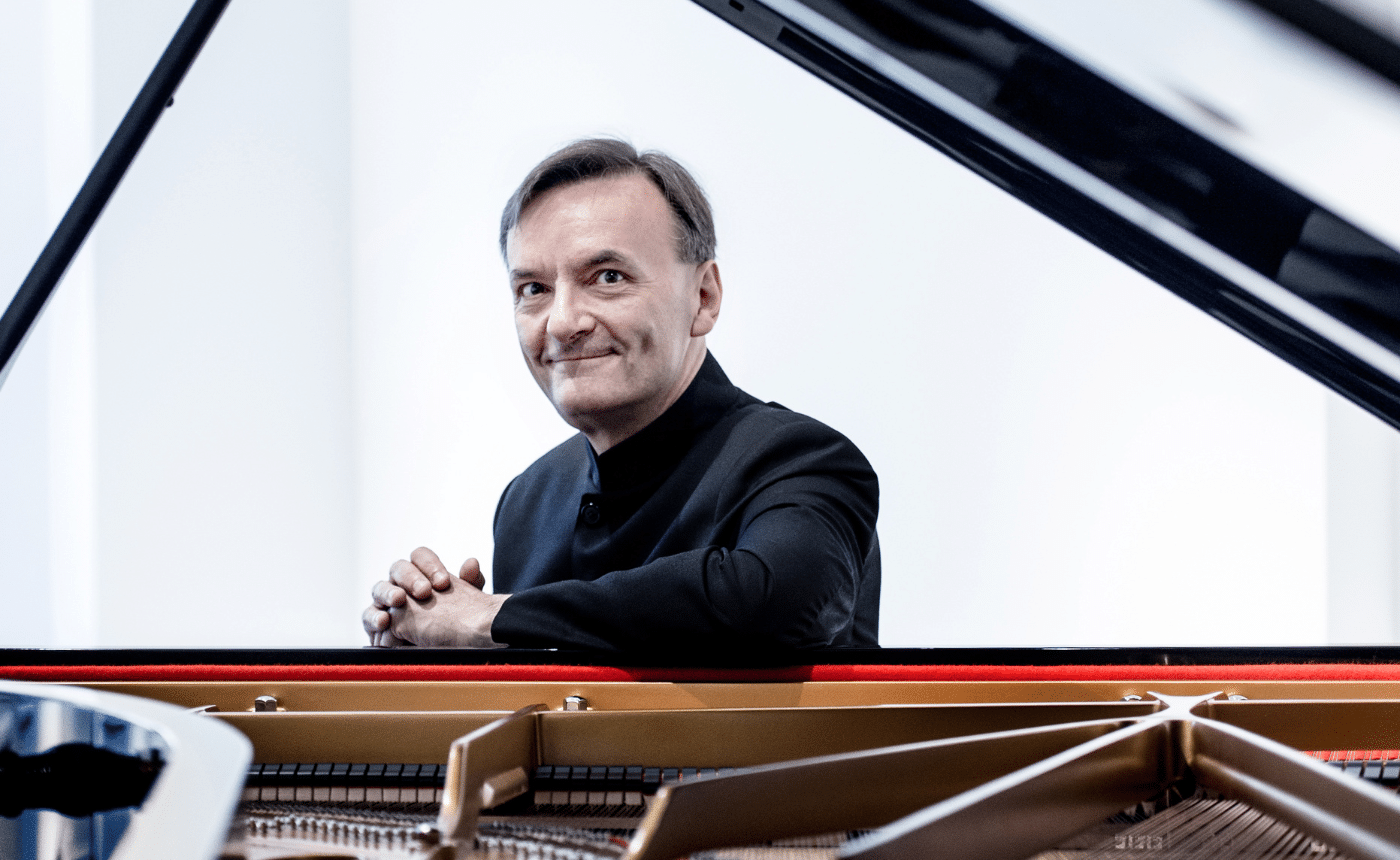Dutilleux – Tout un monde lointain (A whole distant world)
PERFORMANCE TIME: 26 MINUTES
The sensual appeal of French composer Henri Dutilleux’s voice works in tandem with some of the most difficult qualities of modern music, making them accessible and enjoyable. For example, although his work is generally atonal, dominant bass notes provide an aural context that make “pitch centers” clear. We do not hear traditional melodies in works such as the Tout un monde, but the very strong sense of structure and symmetry give us a clear sense of the themes and their transformations. And throughout, there is the appeal of Dutilleux’s coloration, written in the great French tradition of orchestration.
https://www.youtube.com/watch?v=OOgqAgRpxdM
The title of this work can be translated as “a whole distant world.” The very phrase plunges us into the reaches of the cosmos, and the provocative ellipsis at its end signals us to have our imaginations ready, perhaps to “fill in the blanks” as we listen. A glance at the extensive instrumentation shows us the breath of Dutilleux’s orchestral reach in creating celestial colors and textures. Though catalogued as a concertante and comprised of five movements, Tout un monde has all the demands of a cello concerto and has taken its place alongside the most important concertos in the cello repertory. Dutilleux composed it between 1967 and 1970 on commission from Igor Markevitch for Concerts Lamoreux and worked with its dedicatee, the great Russian cellist Mstislav Rostropovich, to edit and refine the cello part. The result departs radically from the post-Beethoven Romantic model: where traditional concertos present the solo instrument as the sound of a hero prevailing over the massed forces of the orchestra, Dutilleux makes the cello a kind of “voice of the cosmos” and situates it in the wonder of a dreamy universe, surging with life and mystery.
The five movements of Tout un monde bear epigraphs by the French poet Charles Baudelaire and are performed without pause. The poetic references deepen, rather than explain, the mystery of the music.











